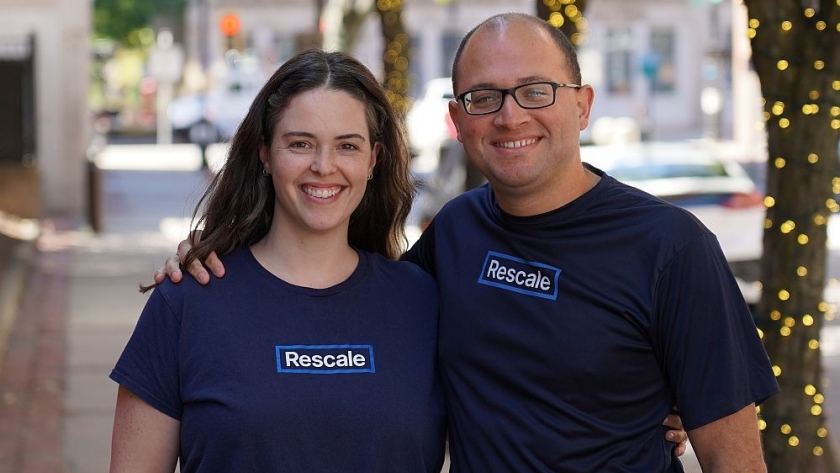
By Agroempresario.com
ReScale, a Boston-based startup led by Julia Megson (CEO) and Matthew Kaliara (CTO), is winding down operations less than a year after raising a $2.3 million seed round. The platform aimed to solve a major pain point for CPG brands: sourcing, negotiating, and managing external manufacturing partnerships.
The seed round, led by Baukunst, was intended to help the founders build an online platform for brands with less than $100 million in revenue to find co-manufacturers and efficiently manage ongoing relationships. Megson, who previously spent four years at Trader Joe’s in supply chain management, envisioned ReScale as a tool to accelerate product launches through streamlined manufacturer matching, contracting, and management.
Despite helping dozens of food brands negotiate and scale with manufacturing partners, and achieving a peak revenue of $250K ARR, ReScale ultimately failed to achieve product-market fit. In a detailed post on Substack, Megson explained that after three pivots, the startup could not identify a sustainable business model for the target market.
“The total addressable market (TAM) was structurally smaller than initially estimated,” she said. Facing dwindling runway, the founders decided not to pursue an additional pivot due to insufficient resources to enter a new space, such as banking products, without significant groundwork.
While platforms like Keychain, an AI-powered co-manufacturer discovery platform, have grown rapidly, Megson clarified that competition was not responsible for ReScale’s closure. “It was simply a disproven hypothesis and failure to find product-market fit for a VC-backable business model,” she noted.
She emphasized the importance of founder-market fit in B2B startups, describing it as a “superpower.” Although she had deep experience in the co-manufacturing and food/beverage CPG sector, she admitted early missteps in aligning her product with the customers she knew best, instead focusing on business model viability.
Megson also reflected on the challenges of running a fully remote early-stage startup. While she supports hybrid or fully remote structures in later-stage companies, she believes early-stage startups require intense focus on product-market fit, which can be hindered by a dispersed team. “Everyone needs to be laser-focused on product-market fit, and that alignment is stifled by a fully remote structure,” she said.
Despite the closure, ReScale provided valuable insights for the co-manufacturing space. It highlighted the difficulties of early-stage CPG platforms in finding scalable models, the critical importance of founder-market fit, and the challenges of remote work culture for nascent teams.
The experience underscores that even with funding and domain expertise, startups must carefully validate product-market fit before scaling operations. Megson and Kaliara remain committed to the industry, and their insights will inform future ventures in Boston and beyond.
